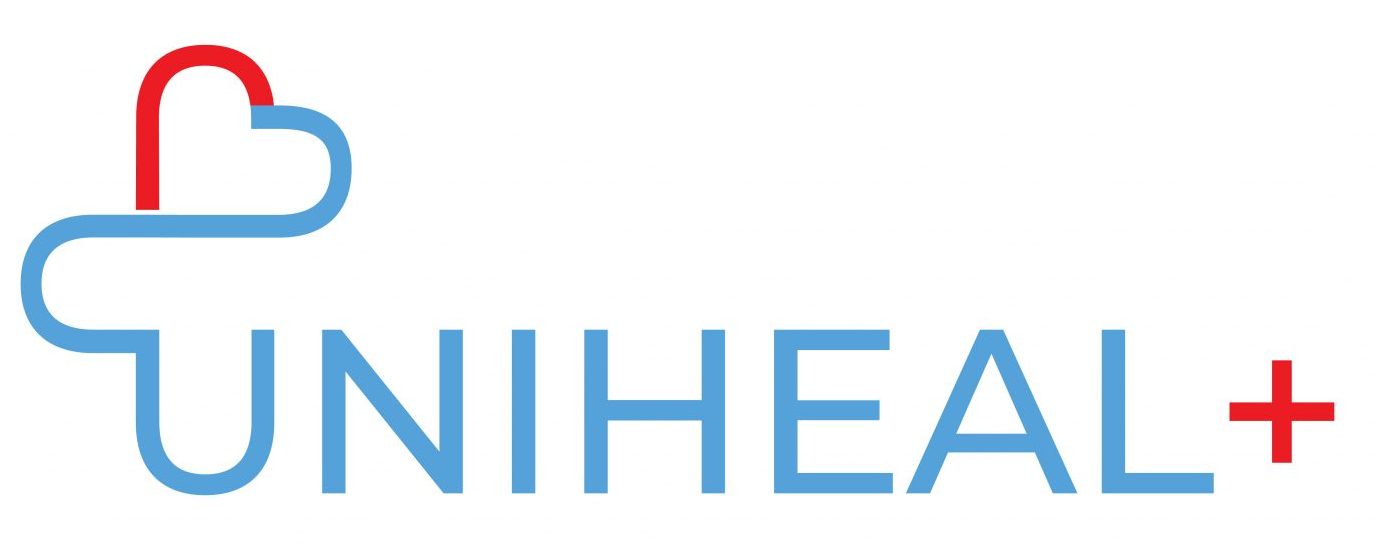The World Health Organization (WHO) together with the World Organisation for Animal Health (WOAH), United Nations Environment Programme (UNEP), and the Food and Agriculture Organization of the United Nations (FAO) made up the Quadripartite organizations. This partnership of the four organizations has established the Quadripartite Technical Group on Integrated Surveillance on antimicrobial use and resistance, which will advise the Quadripartite Organizations and the Global Leaders Group on Antimicrobial Resistance (AMR) on needs, scope and form of integrated surveillance to support capacity building of countries on surveillance of antimicrobial use (AMU) and resistance.
If you are interested in learning more about the role of the Technical Group on Integrated Surveillance on Antimicrobial use and resistance and its areas of advice, please use these links:
To read the article, visit: https://www.who.int/news/item/26-01-2023-the-quadripartite-organizations-established-the-technical-group-on-integrated-surveillance-on-antimicrobial-use-and-resistance
To read more information, visit:






